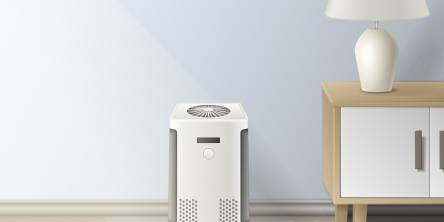What You Need to Know About the Fumigation Process – Types of Fumigation
A good pest control company will offer a special service called fumigation. In essence, the term fumigation means releasing fumes into the air for pest control, and it will work on insects and rodents very quickly and effectively.
Now, most people think of fumigation as delivering a pest controlling gas to a specified area, and while that is certainly one of the ways to fumigate a room or a commercial building or structure, there are other ways that may be more appropriate or may be a better match for the type of area that needs to be fumigated. Let's take a look at the three main types of fumigation that a pest control company might offer.
Gas
As stated above, most people have probably heard of gas fumigation. It is simple in principle and works by covering an area to be fumigated, usually with a rubberized form of material and often called "tenting," and once sealed off, a pesticide gas is introduced inside. This method keeps the gas confined and does not allow it to disperse to the outside environment.
The gas will penetrate virtually every nook, crevice and cranny to kill the targeted insects or rodents. It is a very effective means of control and will work to kill any pest contained within the sealed area. Results can vary, of course, but for the most part you'll get between 90% and 100% effectiveness every time gas fumigation is employed. That makes it the best option for total control in a highly infested environment.
An offshoot of gas fumigation is fog fumigation, which is done by a machine that turns insecticidal chemicals into a fog. This method is generally employed on the exterior of a building. For example, if you have a massive infestation of such things as mosquitoes or Asian beetles, fogging the exterior is a very effective way to control the problem, with residual effects that may last for days afterwards.
Solid Fumigation
This may sound like a misstatement, using a solid substance to create a fumigating gas, but solid fumigation works like this:
Pesticide solids are distributed liberally in a room or an area and the solids react with water vapor to create a low lying gas. Solid fumigation is one of the most common types in use for the food industry, particularly to rid pests from grain, flour and tea storage areas, and it is considered one of the least damaging ways of fumigation for the surrounding environment. It is also relatively easy to use and employ.
Liquid Fumigation
Liquid fumigation works primarily on the principle of evaporation, and it can be done in an enclosed area or outside.
The liquid fumigant is heavily sprayed on items on or around an area where fumigation needs to occur. As it evaporates and disperses into the air, the fumes act like gas fumigation and will penetrate all of the areas in a closed off space.
Liquid fumigation can work for insect and rodents, but some compounds are made to be used for such things as mold treatment. By having these properties, liquid fumigation is one of the most versatile types of pest control, but it can only be used under the right circumstances.
Toxicity
All of the types of fumigation must be avoided by humans or pests. Although each type may have its advantages and disadvantages when dealing with use and application for pest control, they are all toxic to humans. Knowing this, the areas fumigated must be vacated for a certain amount of time until the chemicals are absorbed, rendered inert or have dissipated into the environment.
In regards to the type of fumigation process and the questions you may have, just remember that this post is only an overview of the fumigation types that are available. For a more detailed description and to learn more about any of the fumigation techniques that are described here, always consult your local pest control company. They can tell you what type of fumigation that would be employed for any given pest infestation, how it works, expected results and the time needed to vacate the commercial property or residence until it is safe to return.
Similar Articles
The world of backyard chicken keeping involves more than just providing shelter and protection; it extends to carefully curating a balanced and nutritious diet for these feathered companions. In recent times, there's been curiosity about the inclusion of fruits in a chicken's diet,
Ensure warmth all winter! Trust your expert furnace repair in Newmarket for seamless solutions. Your key to enduring comfort during chilly days.
Learn these 5 essential tips for porch swing care and maintenance. Keep your outdoor oasis in top shape with expert advice.
The bond between grandparents and their grandchildren is truly unique and special. One of the most joyous occasions in a grandparent's life is celebrating their grandchild's birthday. As the years go by, the memories made during these celebrations become cherished treasures for both generations.
Reaching the milestone of a 50th birthday is a momentous occasion in anyone's life. It signifies half a century of experiences, wisdom, and cherished memories. When it comes to celebrating the 50th birthday of a dear friend, finding the right words to express your love, admiration, and well wishes can be a beautiful gesture.
Learn about the dangers of pressure cooker explosions and the legal ramifications involved. Get insights on the risks and how to stay safe. Read more now.
Looking to upgrade your heating system? Discover the benefits of installing an electric furnace, from cost savings to energy efficiency. Learn more here.
Deciding to move is a big decision. How can you be sure the new city is worth it? Will you find a house to call home? Will it be worth all the packing and stress? There’s so much uncertainty.
Are you looking to improve the air quality in your home? You may have heard of air purifiers and air sanitizers, but do you know the difference between an air purifier vs air sanitizer? What are the benefits of each? How do you know which one to buy?

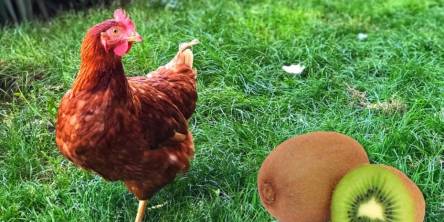
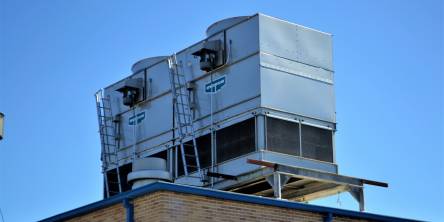



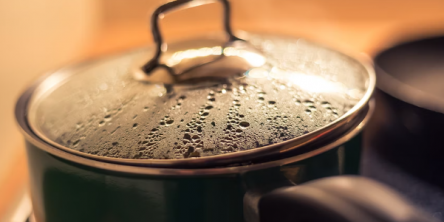
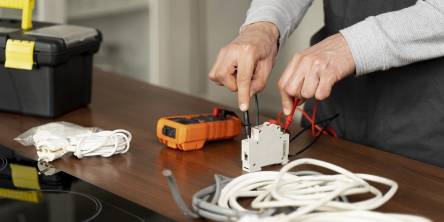
5033.jpg)
